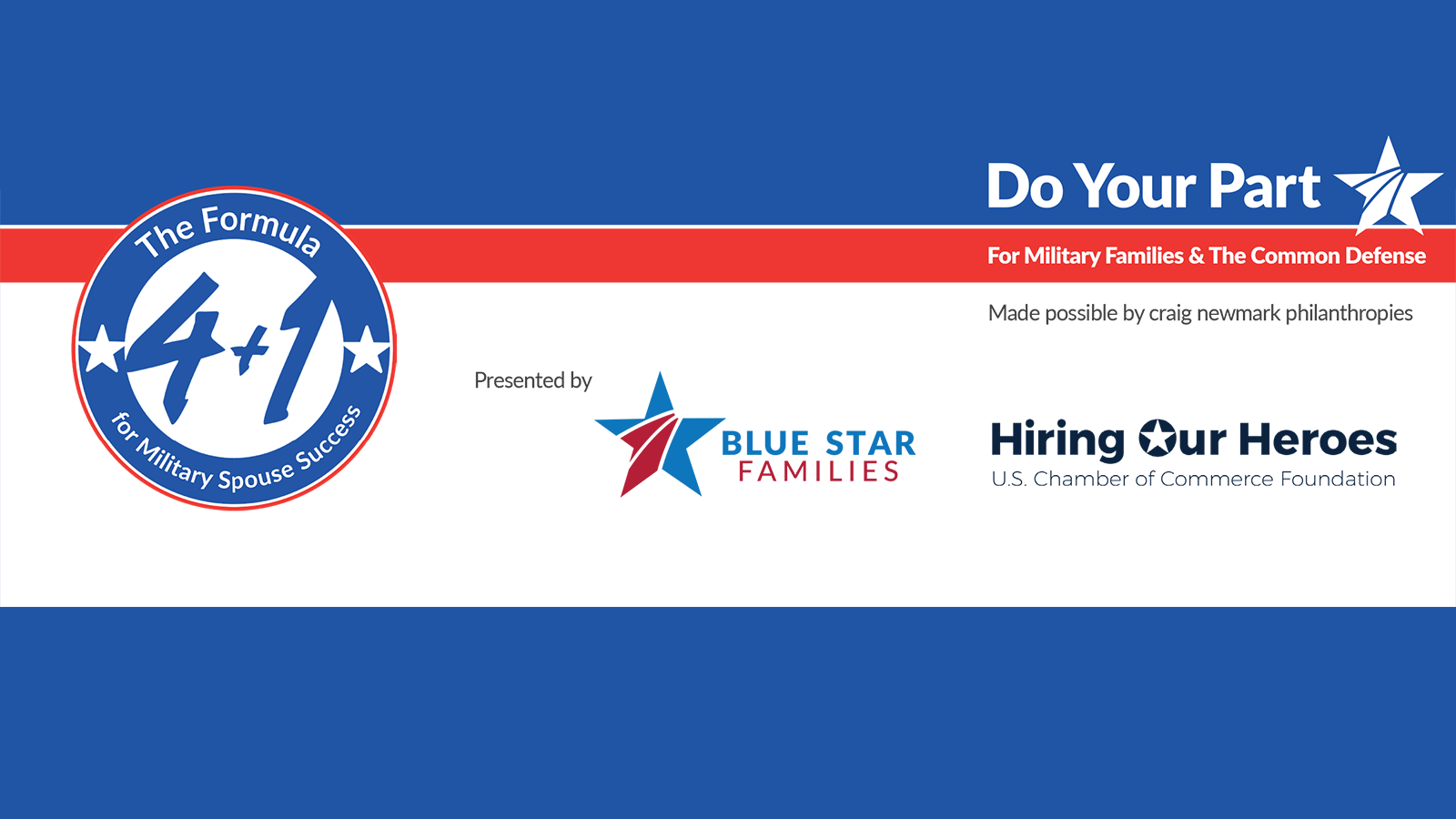.jpg)
A chilling trend lurks in the shadows: ghosting. This spectral disappearance of candidates during the hiring process is a widespread phenomenon. In this seasonally spooky blog post, we'll unravel the mystery of job seeker ghosting, explore the reasons behind it, and discuss why maintaining open communication throughout the job-hunting process is not just a courtesy but a smart career move.
What is Ghosting?
Originally coined in the context of online dating, the term “ghosting” describes suddenly disappearing without warning from any sort of relationship: personal relationships, friendships, families, and business relationships too. In the world of recruitment and employment, ghosting refers to the sudden and unexplained disappearance of a job applicant during the hiring process. It can happen at any stage of the hiring process and can manifest in a variety of ways, including abruptly withdrawing from scheduled interviews, not responding after the initial interview, not showing up for a follow up, not responding to emails or calls, or even disappearing after accepting a job offer. 46% of candidates say they didn’t show up for a scheduled interview, and 48% report that they’ve ceased communications with an employer during the recruitment process. On top of that, half of all candidates have accepted a job offer, but then backed out before starting.
The trend certainly isn’t one sided. According to Greenhouse’s 2023 Candidate Experience Report, 67% of job candidates say they’ve been ghosted by employers after a job interview, and historically underrepresented candidates face a nearly 25% higher chance of being ghosted. Indeed’s research is even more alarming: 77% of job seekers saying they’ve been ghosted by an employer. It’s a frustrating experience when a candidate is ruled out during the job interview process but never hears anything back from an employer.
Reasons Behind Candidate Ghosting
Ghosting wastes time, strains resources, leads to a longer time-to-hire, and can cause confusion or ill-will. Yet both candidate and employer ghosting has become more prevalent in recent years. Why? Here are a few common reasons why job candidates disappear:
Multiple Offers & Opportunities
In a competitive job market, candidates may receive multiple job offers. Or they may not be satisfied with the offered salary or benefits. The pressure to make a quick decision or to express their dissatisfaction can lead some individuals to avoid uncomfortable conversations by simply disappearing.
Complicated or Long Interview Processes
If candidates are juggling multiple interviews and job opportunities, it’s not uncommon that they’ll pass on those with a long or complicated interview process. The job interview process has been getting longer, with multiple rounds before selection. This naturally leads to candidate frustration, disengagement, and withdrawal from the process altogether. A speedy, transparent interview and evaluation process helps to reduce this phenomenon.
Process Digitization and Depersonalization
Technology has made it easy to apply to jobs, and a virtual hiring process makes interviewing for jobs simpler than ever. But without the human, face-to-face aspect of job interviews, it’s harder to build personal rapport and candidates feel less guilty when they don’t respond.
Fear of Confrontation
Some job seekers fear the potential awkwardness or confrontation that might arise from declining an offer. Ghosting, from their perspective, seems like an easier way to avoid uncomfortable conversations.
Changing Priorities and Candidate Attitudes
Personal circumstances or priorities may shift unexpectedly, causing candidates to reconsider their job search, or candidates may decide a job is just not a good fit. Instead of communicating this, some individuals choose to vanish.
Cultural Changes & Incivility
Cancel Culture has made it increasingly popular to disengage and cut ties, and people are quick to cut off contact rather than have an uncomfortable conversation. Couple this with rising social incivility and the fact that if you are ghosted during the job search, you’re more likely to ghost as well. This can become a negative cycle.
Why You Shouldn't Ghost Hiring Managers
As a job candidate, it feels terrible to be ghosted during your job search, especially when an interview goes well and you’re really interested in the new role. If you haven’t heard back from a hiring manager, don’t immediately assume you’ve been ghosted. First, reach out politely to inquire about the status of your application. Don’t give up immediately. If several weeks pass without news, it may be time to move on to other opportunities. Try not to take it personally. Being ghosted is not a reflection of your worth.
Don’t allow your frustration at being ghosted cause you to ghost potential employers. Break the cycle. It’s okay to change your mind about a job and to decide an opportunity is not for you. Instead of closing a door by ghosting, accept the temporary discomfort and tell them your decision. They’ll respect you for it. Here are a few more reasons why you should avoid ghosting:
Professional Reputation
The professional world is smaller than one might think. While immediate negative consequences may not be apparent, you never know who you’ll work alongside in the future. Ghosting can harm a candidate’s reputation, especially in industries where networks are tight. According to a 2021 study, 80% of employers believe ghosting will negatively impact a candidate’s future job search or career. Nearly 93% of employers keep a record of candidates who ghost. Leaving a positive impression, even while declining an offer, is crucial for future opportunities.
Missed Learning Opportunities
By ghosting, candidates miss out on valuable feedback that could help in future job searches. Constructive criticism from a hiring manager can provide insights into areas of improvement, contributing to your professional growth.
Professionalism Matters
Professionalism is a trait that employers value highly. Even if you're not interested in a particular opportunity, demonstrating courtesy and respect by communicating your decision reflects positively on your character.
Ghosting is Scary – Don’t Do It
Ghosting may be a prevalent cultural phenomenon in today’s job market, but for the sake of your professional reputation and future job opportunities, resist the temptation. Open communication and integrity will set you up for success. Good luck with your job search!
To start searching for our dream job today, be sure to check out Orion Talent’s Jobs Database.
Archives
- February 2026
- January 2026
- December 2025
- November 2025
- October 2025
- September 2025
- August 2025
- July 2025
- June 2025
- May 2025
- April 2025
- March 2025
- February 2025
- October 2024
- May 2024
- March 2024
- February 2024
- January 2024
- December 2023
- November 2023
- October 2023
- September 2023
- August 2023
- July 2023
- June 2023
- May 2023
- April 2023
- March 2023
- February 2023
- January 2023
- December 2022
- November 2022
- October 2022
- September 2022
- August 2022
- July 2022
- June 2022
- May 2022
- April 2022
- March 2022
- February 2022
- January 2022
- December 2021
- November 2021
- October 2021
- September 2021
- August 2021
- July 2021
- June 2021
- May 2021
- April 2021
- March 2021
- February 2021
- January 2021
- December 2020
- November 2020
- October 2020
- September 2020
- August 2020
- July 2020
- June 2020
- May 2020
- April 2020
- March 2020
- February 2020
- January 2020
- December 2019
- November 2019
- October 2019
- September 2019
- August 2019
- July 2019
- June 2019
- May 2019
- April 2019
- March 2019
- February 2019
- January 2019
- December 2018
- November 2018
- October 2018
- September 2018
- August 2018
- July 2018
- June 2018
- May 2018
- April 2018
- March 2018
- February 2018
- January 2018
- December 2017
- November 2017
- October 2017
- September 2017
- August 2017
- July 2017
- June 2017
- May 2017
- March 2017
- February 2017
- January 2017
 RSS Feed
RSS Feed




















